Happy Solstice, dear reader! As you wander around this beautiful June, consider checking out this interview I did with Denise Lee of the Introverted Entrepreneur podcast — From Loss to Growth: How to find meaning in the face of tragedy. It feels fitting for this season characterized by big flowers and juicy fruits… fed by the rain and snow of the cold, dark seasons that came before.
On to the post!
Free & paid subscribers receive the exact same weekly content in their inboxes every Saturday morning. (The newsletter, vulnerable, personal, embarrassing stories, book recommendations, and whatever gifs have made me giggle.)
Considering upgrading to help myself and my editor Leona dedicate more time to The Luminist and support our current non-profit of choice: Experience Camps for grieving kids.
Kendall was speeding along 95 North from Virginia to New Jersey
in her little blue Mazda SUV when she pulled into the mammoth Chesapeake House Rest Stop to hit Peet’s coffee for a shot of caffeine (wrapped in the sweet coldness of an iced vanilla latte) and keep a promise to her mother.
“I’m gettin coffee!” She texted me.
I was already ahead of her.
“I’m tracking your progress!” I texted back, looking down at the location app on my phone.
I was across the Atlantic Ocean, perched at an outdoor cafe table along Monmouth Street in Covent Garden, London, first-drafting this post and enjoying the beautiful summer day. I refer un-ironically to London as the city of my heart. I studied abroad here. I got engaged here. I visited with Mike every five years. We brought the kids for Mike’s 50th birthday. And now I visit at least once a year — but really whenever I can sneak it into my nonstop work schedule.
This time, I managed an entire 48 hours in the Big Smoke on my way home from a work trip that began in Romania (shout out to our jaw-dropping team there!) and finished off in Brussels with a geopolitical smorgasborg with the war in Ukraine as centerpiece (where I got to sit next to the incredibly badass former woman president of Lithuania).
I could see the three bubbles come up in the text window as Kendall settled in with her iced latte.
K: What are you doing?
Me: Living my best life! Only thing I am missing is you!
K: It’s crazy how we are all doing different things now because we are adults. You are in London, I am in New Jersey, Connor is in Cali… what the heck! You should write a post about that.
Me: I KNOW.
K: You could write about how much we have changed without letting guilt get in the way of progress. How much we have grown up.
Me: Meaning like how we have thrived and not felt bad about it??
K: Exactly. Forgetting in healing… but taking pieces of daddy with us.
Me: And how I have not let my fear of losing you and Connor make me lock you two in the house?
K: That too, yes!
Me: LIVING.
K: Exactly. You never stop me. We assess risk and find a way
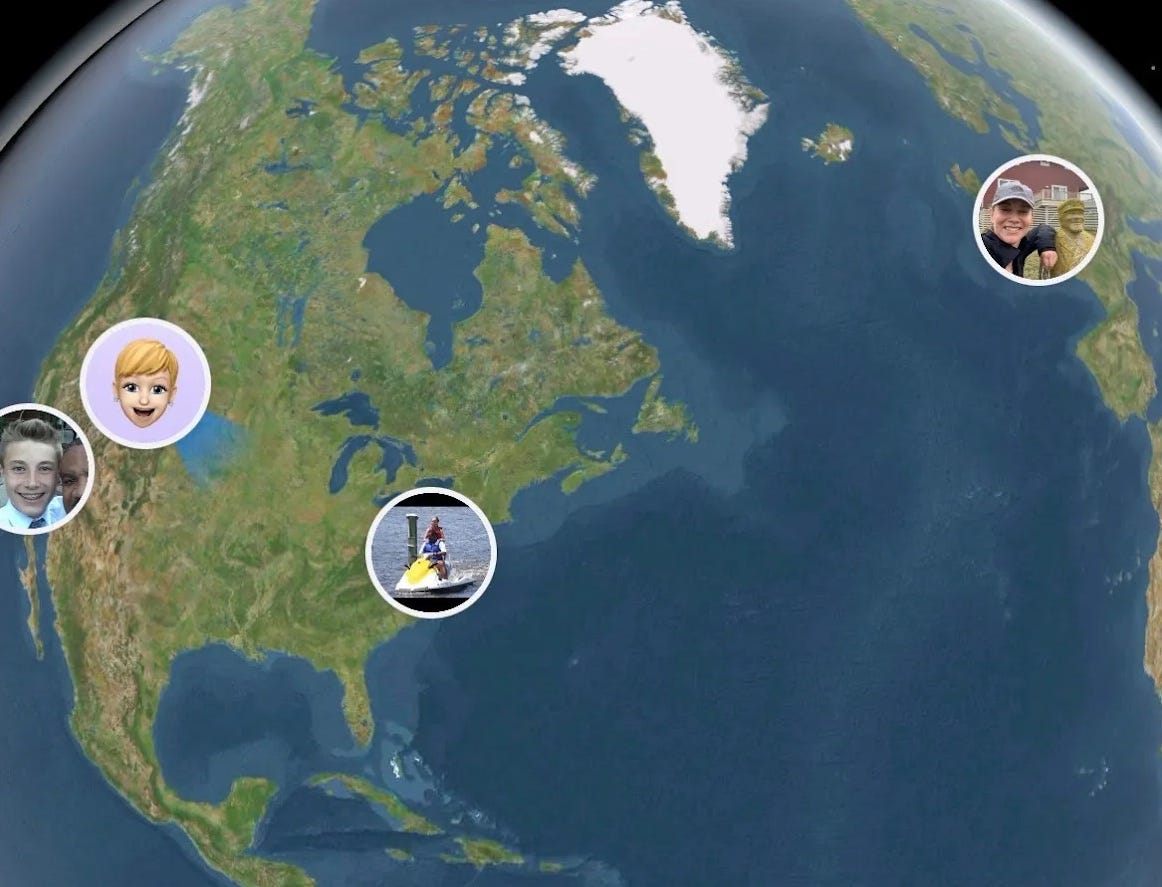
I had a friend whose mom never took him to swim lessons
when he was a kid. She was afraid he might drown. But now he’s an adult who can’t swim. Who has to be very careful around pools and rivers and beaches and boats. He’s never done a cannonball or boogie boarded or been bounced off an inner tube by a maniacal uncle towing him behind a speedboat. Her choice ended up increasing his chances of drowning a thousand-fold, and now in order to protect himself he has to constantly limit his life.
When Mike died, I faced a similar choice. Wrap my children in bubble wrap (with appropriate breathing holes, of course!!) and never let them out of my sight… or don’t.
When first faced with any noteworthy loss, the knee-jerk reaction is often the former. Anything precious gets locked away, never to see daylight again — whether its loved ones, family heirlooms, money, or even yourself.
Protect all that is valuable and scarce! our frazzled, exhausted, but refusing-to-release-control fight-or-flight system screams.
But slowly, the conscious mind — the part that hovers above the ocean of emotion, observing it rather than swimming (or drowning) in it — comes back online. And mine asked a simple question that I was never able to push past to roll out the bubble wrap:
What is more valuable than living life?
My mind was not asking about maintaining the physiological necessities of survival — eating, sleeping, breathing — but experiencing all that life has to offer. The beautiful, the painful, the dazzling.
The answer came instantaneously. Absolutely nothing.
The vibrant, fulfilling, technicolor life I aim to live everyday —
and support my kids in living — will also always be a human life. And on this plane of existence, shit happens.
Our carefully laid plans implode. The path we are obliviously skipping down gets swallowed by an opening crevasse. Even someone who has decidedly already gone through their fair share of hardship — Mike’s parents divorced when he was 7, his mom died of cancer when he was 22, his son almost didn’t survive his first ten days on this earth — and does everything in their power to prepare for and prevent worst-case scenarios drops dead before he has even passed his prime.
So after watching a finalist for World’s Most Health-Conscious Man die of heart disease, no one would have blamed me if I had become cynical and fearful. And believe me, I considered it! (The 6ft-long sheets of bubble wrap permanently live in my Amazon cart.)
But the decision to make life smaller with the hopes of making it longer is generally a reactionary rather than a rational one. We can never escape risk, nor harm nor hardship nor loss. Even our ability to reduce it is minimal in the face of all the absurd forces that these fragile human bodies can and do succumb to.
Like it’s time for a new story about loss, it’s time for a new strategy with risk. Yep, it’s scary. But we need to figure out how to not let our knee-jerk fear domineer the mental math.
The point of fear is to protect life after all. Not to diminish it, dampen it, drain all the color out of it. Our fear is meant to be our ally, just not our commander. Its presence is a marker to pause and consider…
But without ever losing sight of the point: living, not just surviving.
Let’s get this straight: I still live in utter, abject terror
that something is going to happen to Connor or Kendall. It’s managed with a dubious mix of OCD check-ins, superstitious rituals, and regular reassurance from the kids — “mom, we got this.”
Driving to New Jersey after midnight? Mexico City to visit BFF Kiki and her family for spring break? Cali for the summer? New Zealand for a semester?
“OK, if you are going to drive that late at night, you are going to call when you leave and halfway through.”
“OK, Kiki’s mom has to meet you at the airport, and every day you have to tell me where your passport is.”
“OK, we have regular check-ins in Cali, and no, you are not allowed to quit college and become a weed-smoking surfer.”
“OK, if you think taking this semester abroad is the right idea, you need to get all your core curriculum done first.”
And then, once I have completed my voodoo dance to ask the gods to keep them safe, I take the most important step. I consciously turn down the volume dial on my fear using my go-to coping mechanisms: strenuous crack-of-dawn exercise, deep breaths among big green trees, texts to friends asking them to tell me what I need to hear, “everything will be just fine.”
I also choose to set an example and live myself. To travel, to have adventures, to take a few, very manageable risks. The kids have the same fears, the same bad dreams as me. “Text me when you take off and land!” is a common refrain among all of us.
The point is, it's a process. It’s not done with ease or aplomb. It’s done with muscle-straining determination to uncurl fear’s death grip from around life and let it be what it is — exhilarating, terrifying, strengthening, weakening, eye-opening, jaw-dropping, everything.
My editor, Leona, was telling me about the novel 2312
in which people have colonized all the planets of the solar system, including Mercury (we’ve got two sci-fi nerds in the house!)
Because Mercury is so close to the Sun, the Mercurians (Mercurites?) devised a clever system to keep their bubbled-off city rotating around the small planet constantly, just out of the Sun’s destructive view. That’s where most of the Mercurians live — in endless twilight.
But not all. A few leave the safe confines of their moving metropolis to walk the surface of the planet. It’s exhausting; they sleep in bursts and have to be on the move whenever awake. But apparently it’s worth it. Because for a few short minutes everyday, they get to see the Sun. Yes, too long under its blazing gaze will fry them until even the bonds between their atoms disintegrate. However, if they do it right — if they’re smart about their exposure and their pace, if they plan enough time to get back into the cool, safe blanket of shade — they can have both.
Kim Stanley Robinson, the author, imagines what the unfolding dawn would look like for one such “sunwalker,”
“A flick of orange fire dolphins over the horizon and their blood leaps inside them. More brief banners follow, flicking up, arcing in loops, breaking off and floating free in the sky. Star oh star, about to break on them!”
“Then… the actual surface of the sun blinks and stays, spills slowly to the sides. The spill to the left and right keeps spreading, farther than seems possible, until it is very obvious one stands on a pebble next to a star. Time to turn and run!”
I want my children, myself, everyone, to know
that they are on a pebble next to a star… to know the feeling of life, of living, of being alive. To have moments where they are so full of sensation and emotion and electricity and blood that life itself becomes an entity around them and in them.
Like a fish who discovers they are in water — they suddenly understand the experience of it and have a word to name that experience… It becomes its own force that they can dance with, encourage, appreciate, celebrate.
So, despite myself, I want Connor and Kendall to see the Sun… and have a planned and practiced path back to the safe shadows where they can rest and post their pics and text me all about it.
There’s a lot out there to be afraid of. But there’s also so much to explore. When we accept that both exist in equal measure, we get a little closer to understanding the paradox that makes up a vibrant life — it is never either. It is always both. It’s always all of it.
Loss has taught me and the kids which risks aren’t worth it… and which really really really are.
From this perspective, fear is good council. But will never have the last word.
In risk and reward,
Sue


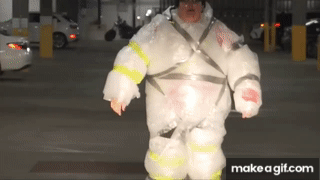

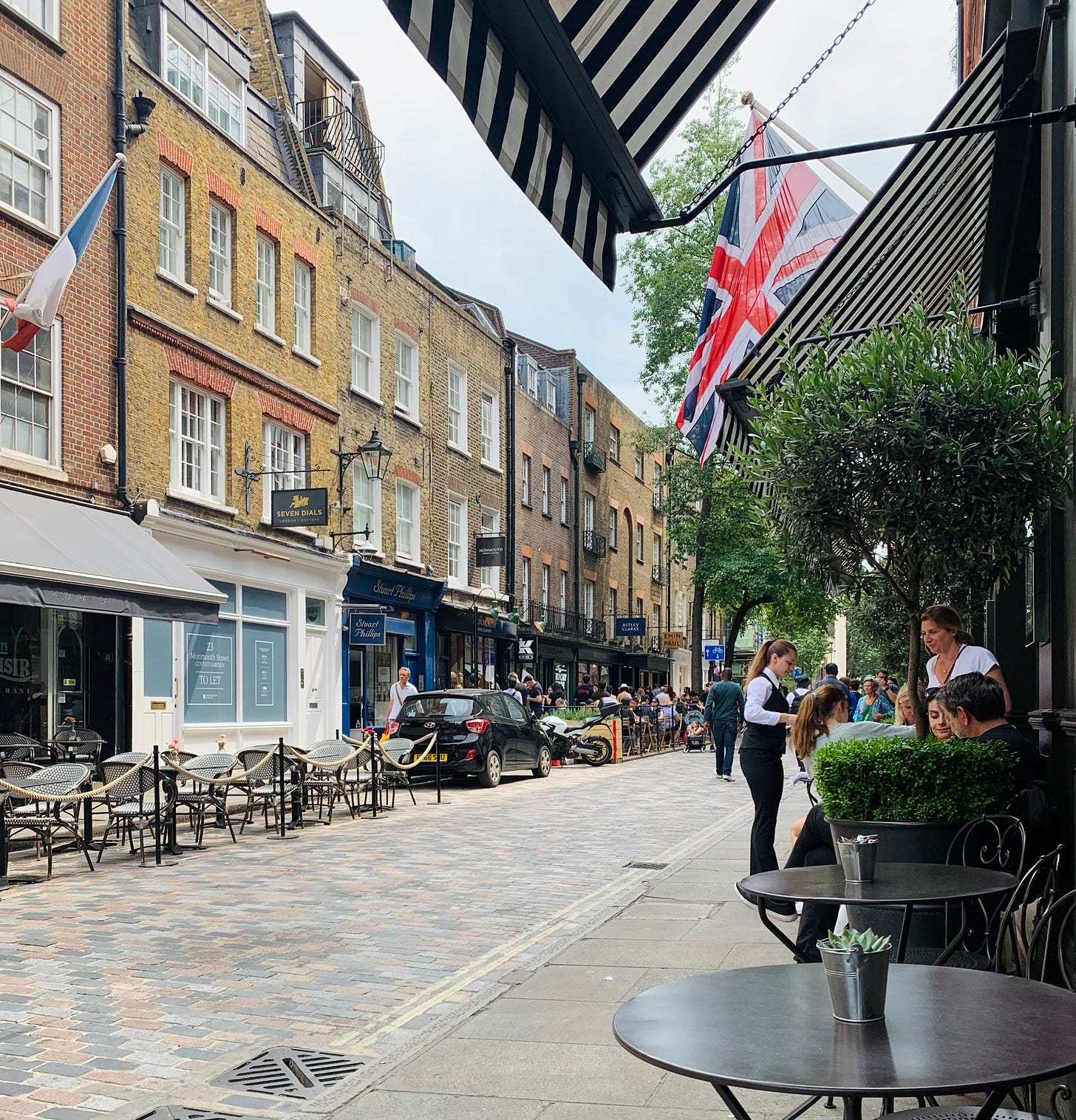

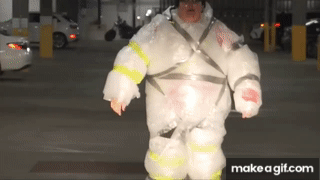
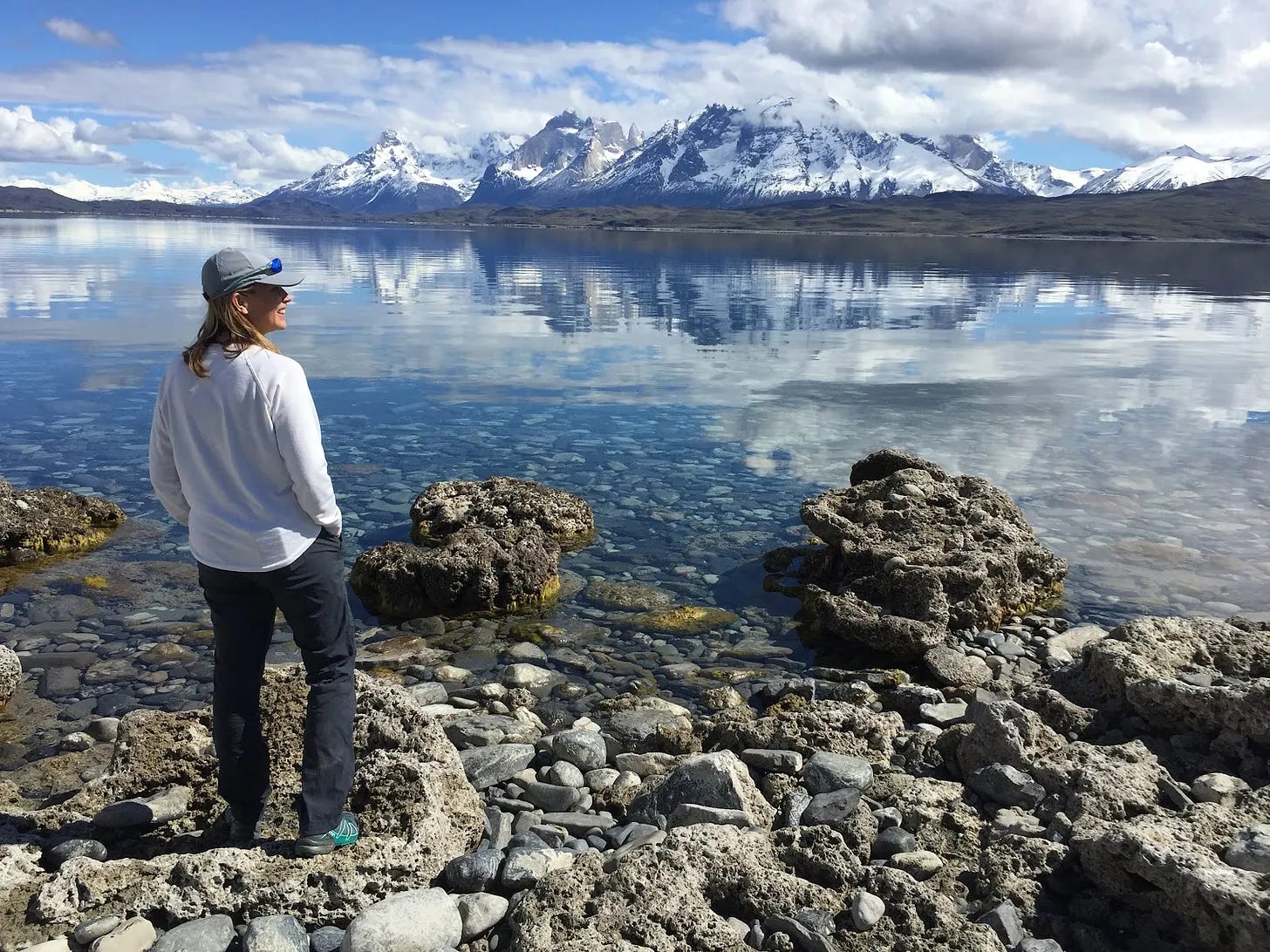
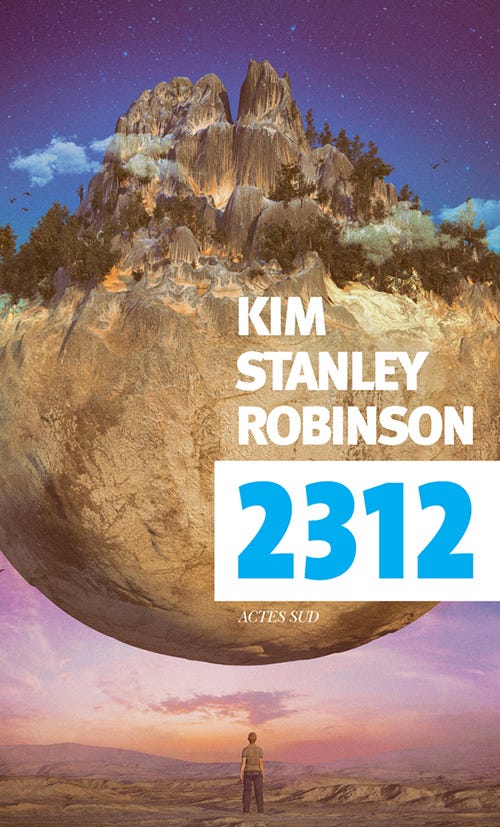

This post really reasonated with me. (They all do, but especially this one.) I have been trying to break free of the bubble wrap for some time. I don't always succeed. I have to constantly remind myself to start living and stop fearing what might happen.
It is always both. Love this, Sue. Hoping all of you are enjoying your adventures! Thanks for taking us along with you. xo